How Stress Affects the Body
Our bodies are hardwired to handle stress, but over time too much stress takes a toll on the body. When we feel threatened the sympathetic nervous system is activated causing the heart rate to increase, the pupils to dilate, and blood to be directed towards the extremities. Digestion can temporarily shut down. This is also known as the "fight or flight" response and is why when we are stressed, we may feel agitated or want to run away from our problems. Cortisol, sometimes called “the stress hormone”, is also released, causing increases in both blood pressure and inflammation while suppressing the immune system. If our bodies continue to experience high amounts of cortisol, symptoms can evolve into anxiety, depression, fatigue, digestive issues and tension headaches.
Stress is defined as an organism's total response to environmental demands or pressures. In a medical or biological context stress is a physical, mental, or emotional factor that causes bodily or mental tension. Stresses can be external (from the environment, psychological, or social situations) or internal (illness, or from a medical procedure).
Chinese Medicine for Stress Relief
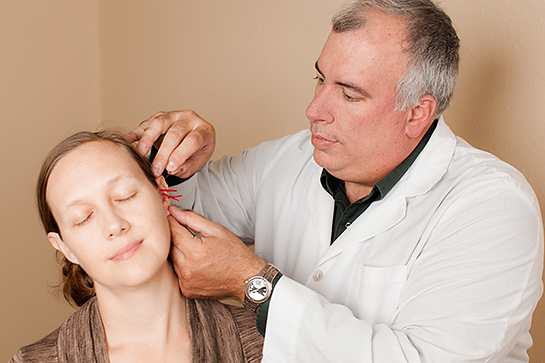-resized-600.jpg?width=224&height=149&name=clinic_lac_(6)-resized-600.jpg)
In Chinese medical theory, strong emotions like stress interrupt the body’s energy flowing smoothly. When these strong emotions are present for long periods of time they create a blockage in the body’s “road” system creating an energetic “traffic jam.” Acupuncture increases the circulation of blood and oxygenates the tissues throughout the body while cycling out cortisol and releasing natural pain-killers called endorphins. Other benefits of acupuncture include decreasing the heart rate, lowering blood pressure, and relaxing the muscles to help the body feel less stressed.
The traditional Chinese medicine approach is to focus on restoring the balance of energy in the body, such as soothing the liver Qi, tonifying the liver blood and spleen Qi, clearing the heat in the heart and liver, etc. A combination of acupuncture and Chinese herbal medicine are generally applied and combined to treat stress; diet therapy and exercise is suggested as well.
Case Studies from AOMA professor, Dr.Yongxin Fan
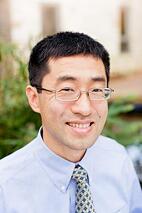
Dr. Yongxin Fan has over 20 years of clinical experience in treating muscular-skeletal disorders, pain, digestive disorders, and psycho-emotional disorders including stress.
“One patient had intense stress from her job and was having insomnia. I treated her with acupuncture and the herbal formula wen dan tang. After the first treatment she was sleeping much better and after two weeks the stress was much reduced.
A patient with more severe stress symptoms (anxiety, panic attack, insomnia, and heart palpitations) recovered in 3 weeks after receiving acupuncture and taking the herbal formulas gui pi tang & huang lain e jiao tang.
Sometimes the symptoms are less severe but still can be debilitating. I had a patient who complained that ever since childhood she cried very easily, making her uncomfortable. I gave her acupuncture and Chinese herbs (xiao yao wan & gan mai da zao tang), and after 2 months she is much better.”
Chinese Herbs for Stress
.jpg?width=200&height=150&name=herbs_(7).jpg) The most commonly prescribed Chinese herbal formulas for stress are xiao yao wan (also known as “Free and Easy Wanderer”), gan mai da zao tang, chai hu shu gan san, yi guan jian, yue ju wan, and gui pi tang. To find out the right herbs for you, make an appointment with a licensed acupuncturist and herbalist. The practitioner will take a full medical history and do pulse and tongue diagnosis to determine the best acupuncture plan and herbal prescription.
The most commonly prescribed Chinese herbal formulas for stress are xiao yao wan (also known as “Free and Easy Wanderer”), gan mai da zao tang, chai hu shu gan san, yi guan jian, yue ju wan, and gui pi tang. To find out the right herbs for you, make an appointment with a licensed acupuncturist and herbalist. The practitioner will take a full medical history and do pulse and tongue diagnosis to determine the best acupuncture plan and herbal prescription.
Exercise and Diet for Stress
Exercise should be a part of everyone’s stress management plan, as it helps the body produce more endorphins, also known as the “runner’s high”. Many types of physical activity can stimulate this response and each person must find the right type of exercise for him or herself. For some, walking is enough, but others will want to get more of a workout to get their blood pumping and break a sweat.
Taiji, qigong, and meditation are forms of mind-body exercise and have been shown to help induce the “relaxation response.” The relaxation response makes the heart beat slower, muscles relax, breathing become slower, and blood pressure decrease.
As far as dietary therapy, most vegetables and fruits that are rich in color can help the body deal with stress. For example, in Chinese nutrition, blueberries, purple cabbage, beets, tomatoes, and eggplant are believed to be stress reducing. A diet high in calcium, magnesium, phosphorus, potassium, and vitamins B & E is recommended, as these nutrients are easily depleted by stress.
Fruits and vegetables such as apricots, asparagus, avocados, bananas, and broccoli, brown rice, dried fruit, figs, salmon, green leafy vegetables, and most rich colored fruits are high in vitamin B. Even if you eat a healthy diet, vitamin B complex is a good supplement to consider if you suffer for chronic stress.
Sources:

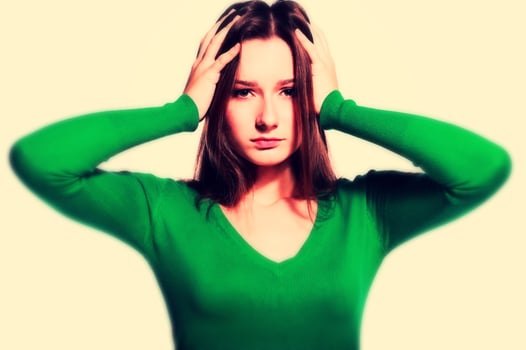
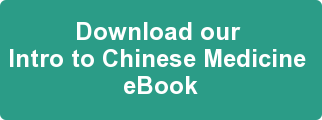
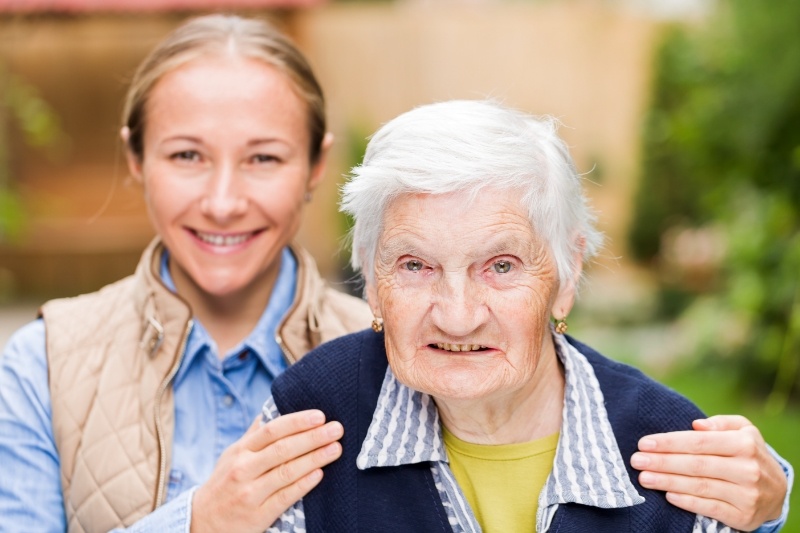

 Lauren St. Pierre-Mehrens, MAcOM, L.Ac
Lauren St. Pierre-Mehrens, MAcOM, L.Ac
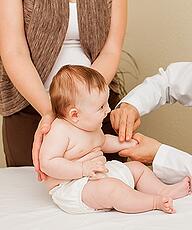 Pediatric massage is applied on specific points of various parts of the body, such as the face, abdomen, back and extremities depending on the disorders. Lotion can be used to protect the skin and ease the treatment. Each session lasts about 20 – 30 minutes. In most cases, the treatment should be given once a day or every other day. Since the pediatric tuina technique is very simple, parents are encouraged to learn and practice some of the major techniques, so they can repeat the treatments at home.
Pediatric massage is applied on specific points of various parts of the body, such as the face, abdomen, back and extremities depending on the disorders. Lotion can be used to protect the skin and ease the treatment. Each session lasts about 20 – 30 minutes. In most cases, the treatment should be given once a day or every other day. Since the pediatric tuina technique is very simple, parents are encouraged to learn and practice some of the major techniques, so they can repeat the treatments at home. 
